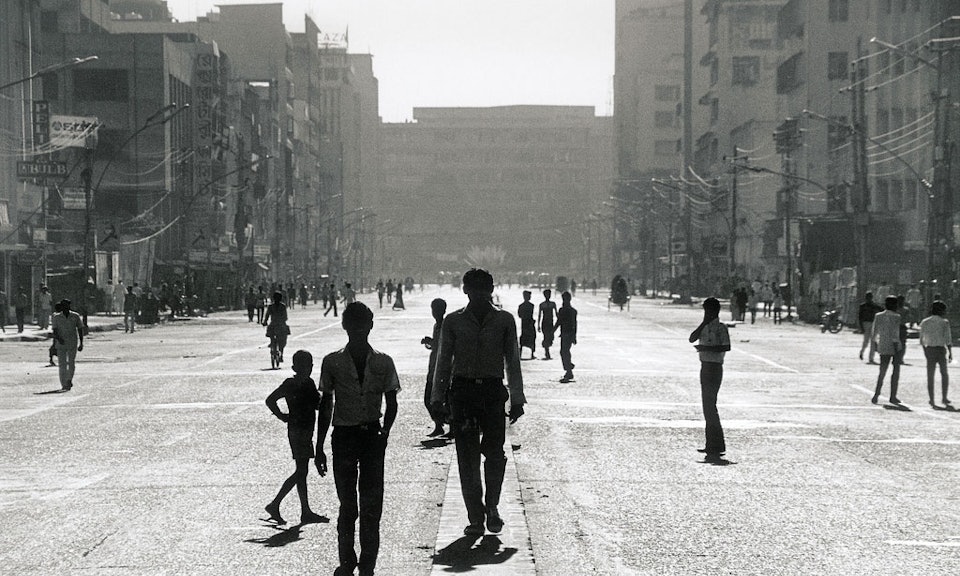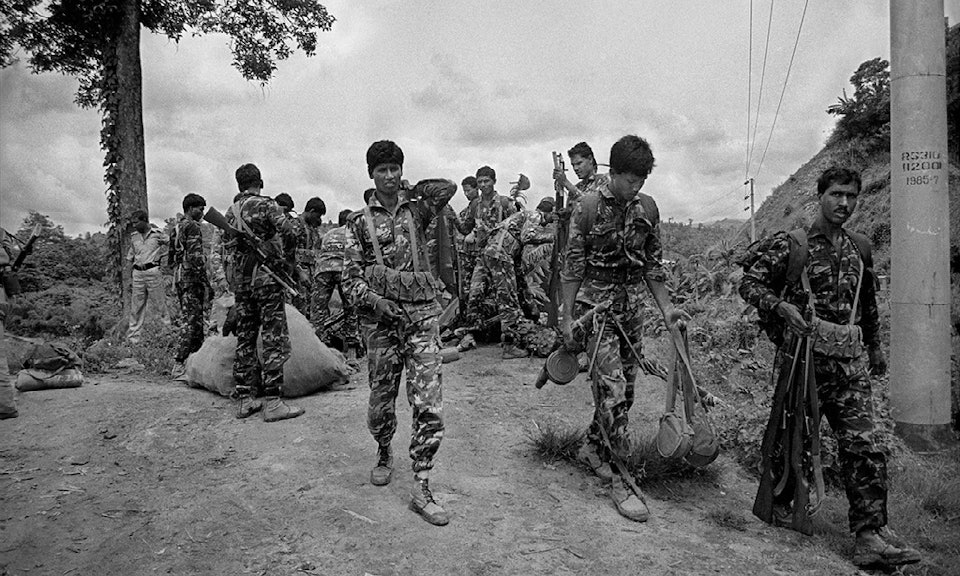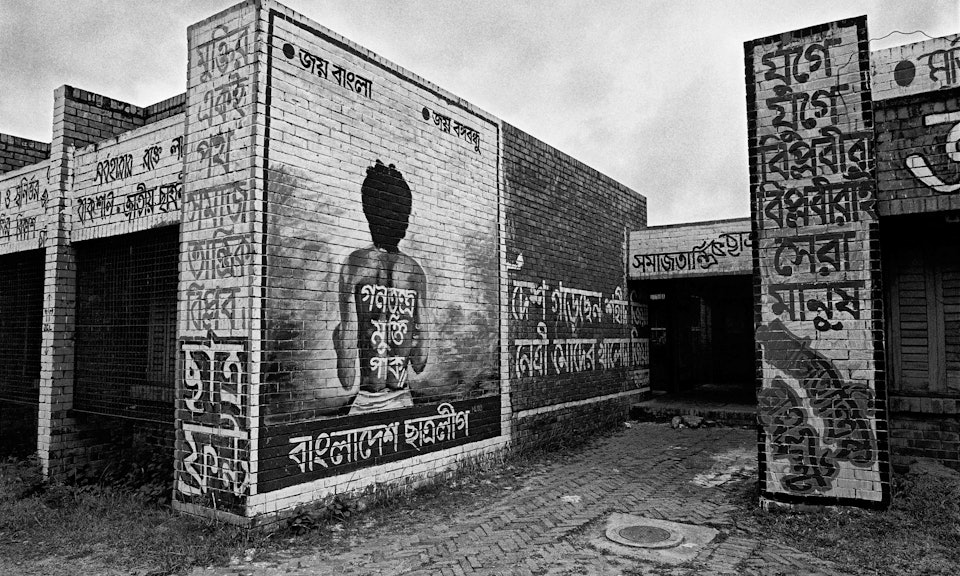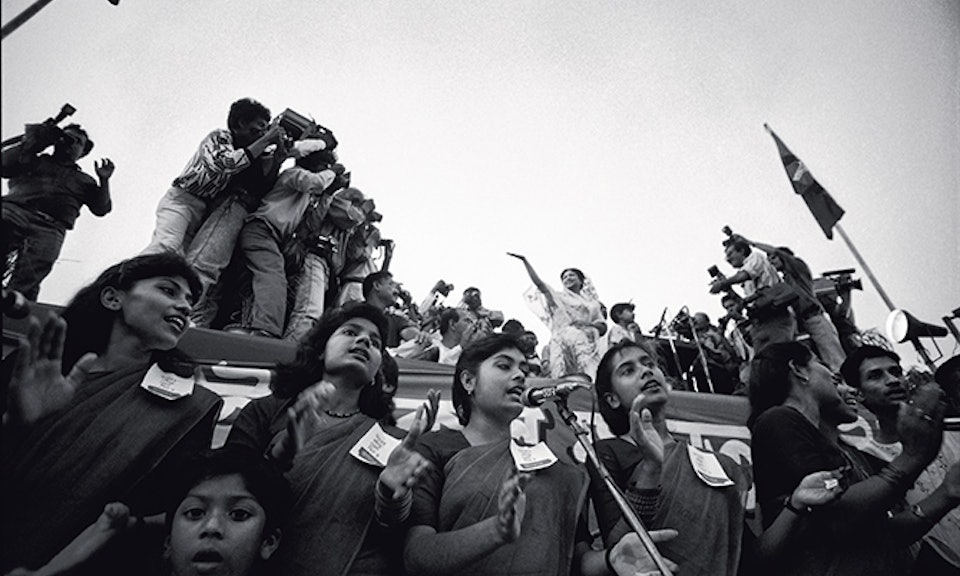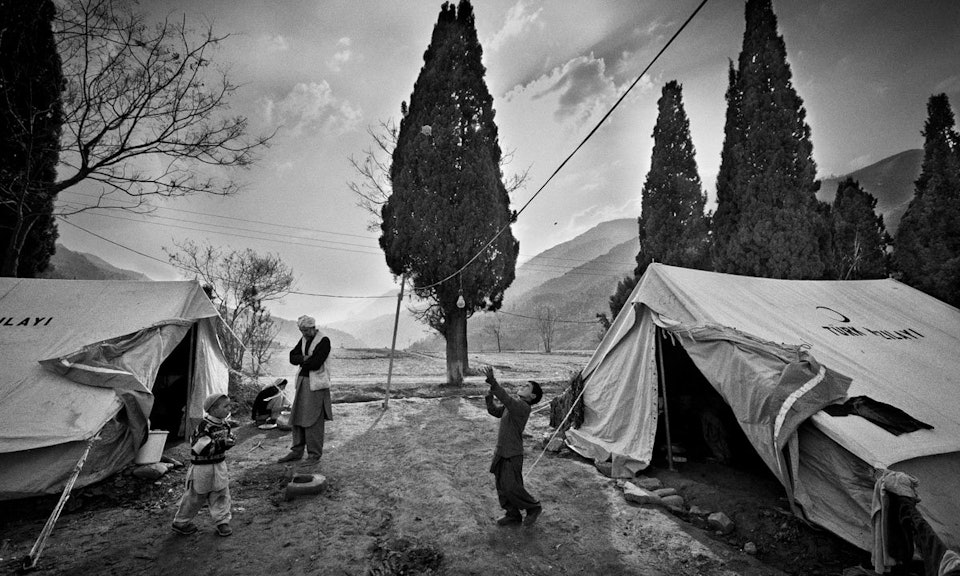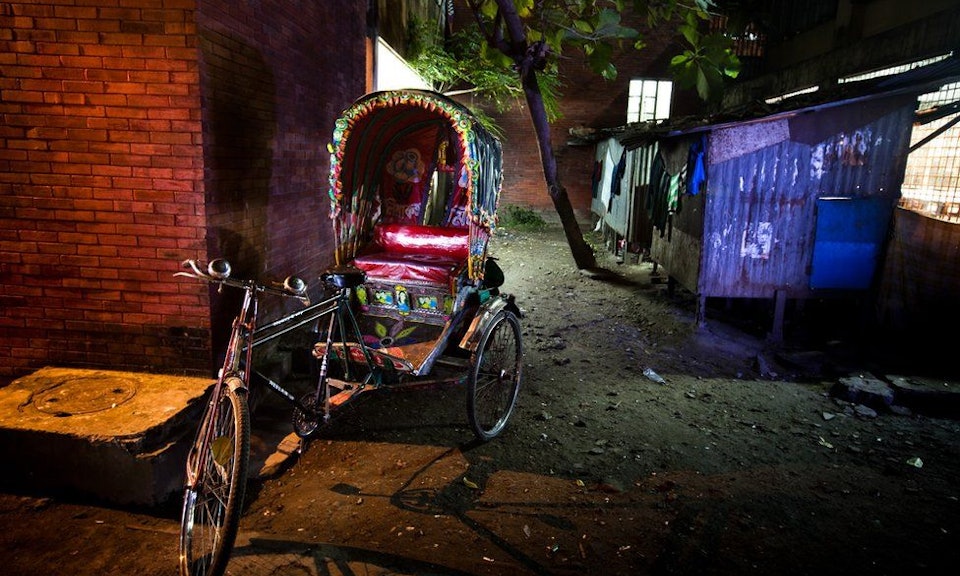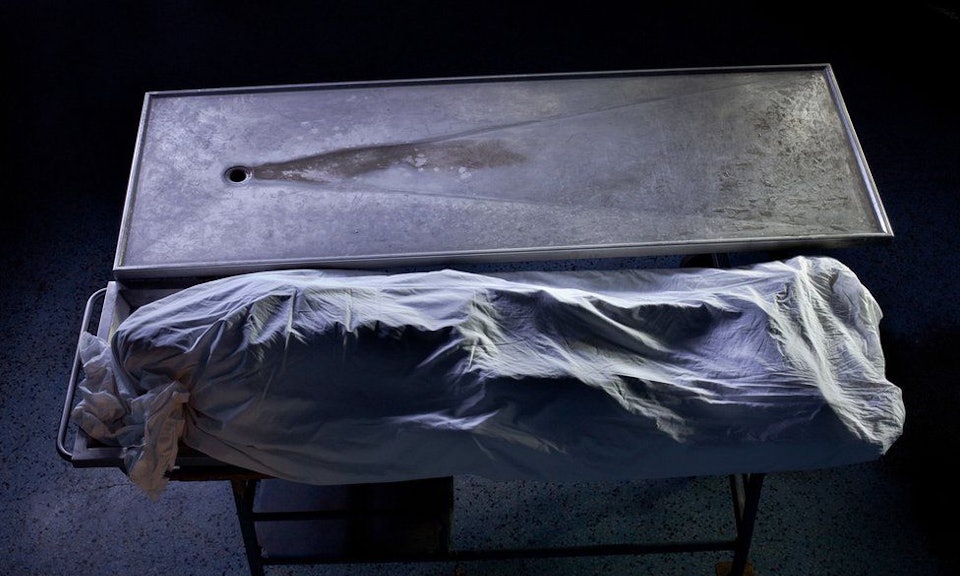Artist Profile
Shahidul Alam
Bangladesh
Status: Released on Bail
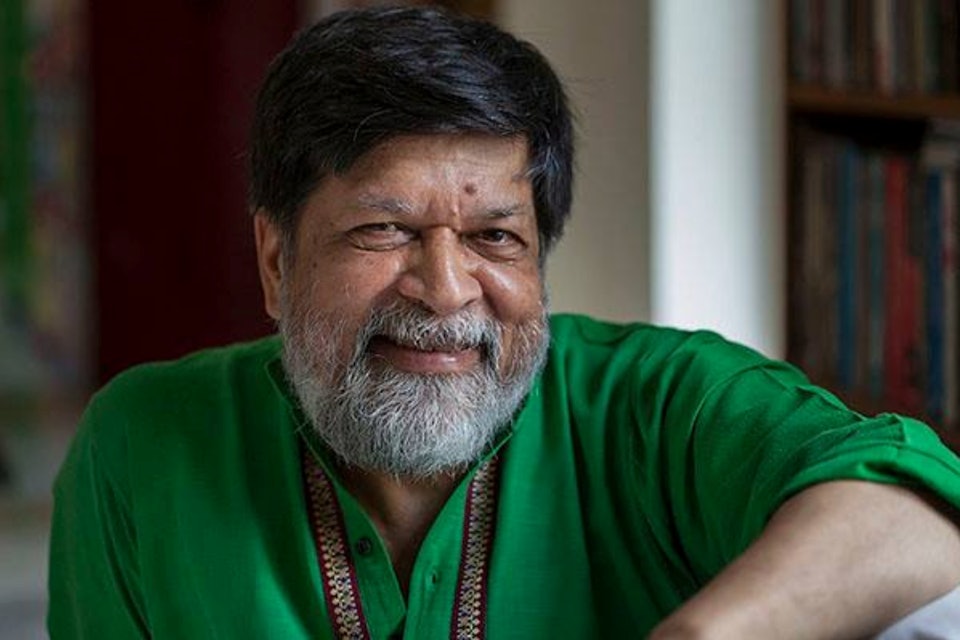
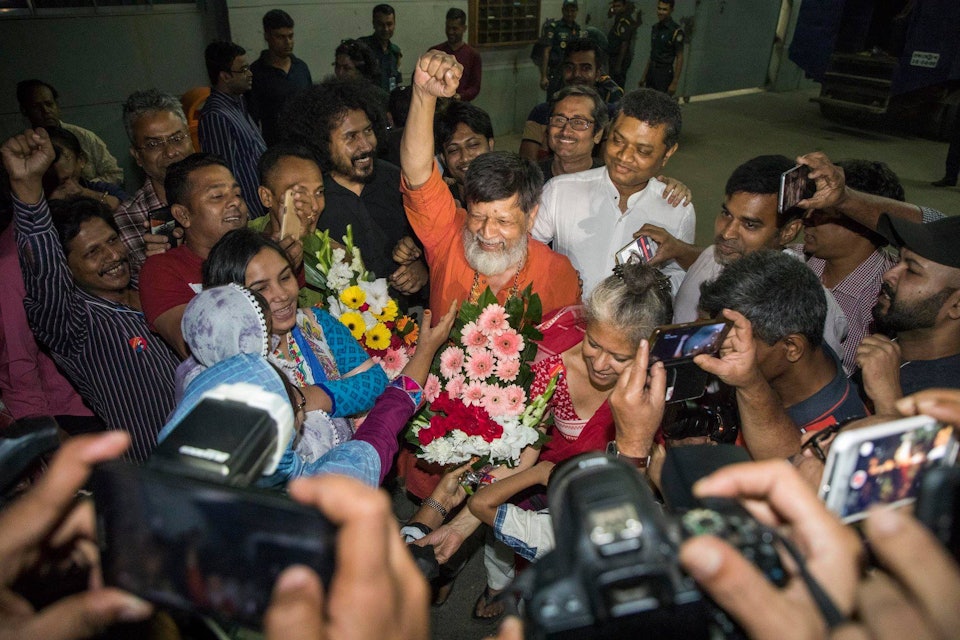
UPDATE on December 17, 2021: PEN America calls for an end to the police investigation into photojournalist Shahidul Alam.
UPDATE on February 8, 2019: Shahidul Alam has received the "Special Presentation" Infinity Award from the International Center of Photography in New York for his use of photography in campaigning for social justice in Bangladesh.
UPDATE on November 20, 2018: After 107 days in jail, Shahidul Alam was released on permanent bail.
UPDATE on November 15, 2018: After 102 days, Shahidul Alam was granted bail by a High Court bench.
UPDATE: There was a protest to demand the immediate release of Shahidul Alam on September 27, 2018 from 5 to 7 PM in front of the United Nations Headquarters (during the UN General Assembly). We have live-streamed portions of the event if you were unable to make it in person.
UPDATE on November 1, 2018: Shahidul Alam's fourth bail petition was denied.
UPDATE: The government was given seven days to justify its failure to grant bail, but that deadline passed. Petition for bail will be heard again on Sunday 21 October. 2018
UPDATE on September 18, 2018: Shahidul Alam submitted his third bail petition. The hearing will likely take place on Sunday, September 23.
UPDATE on September 11, 2018: Judge KM Imrul Kayes of Dhaka Metropolitan Sessions Judge Court of Dhaka rejected Shahidul's bail petition after a hearing on the petition.
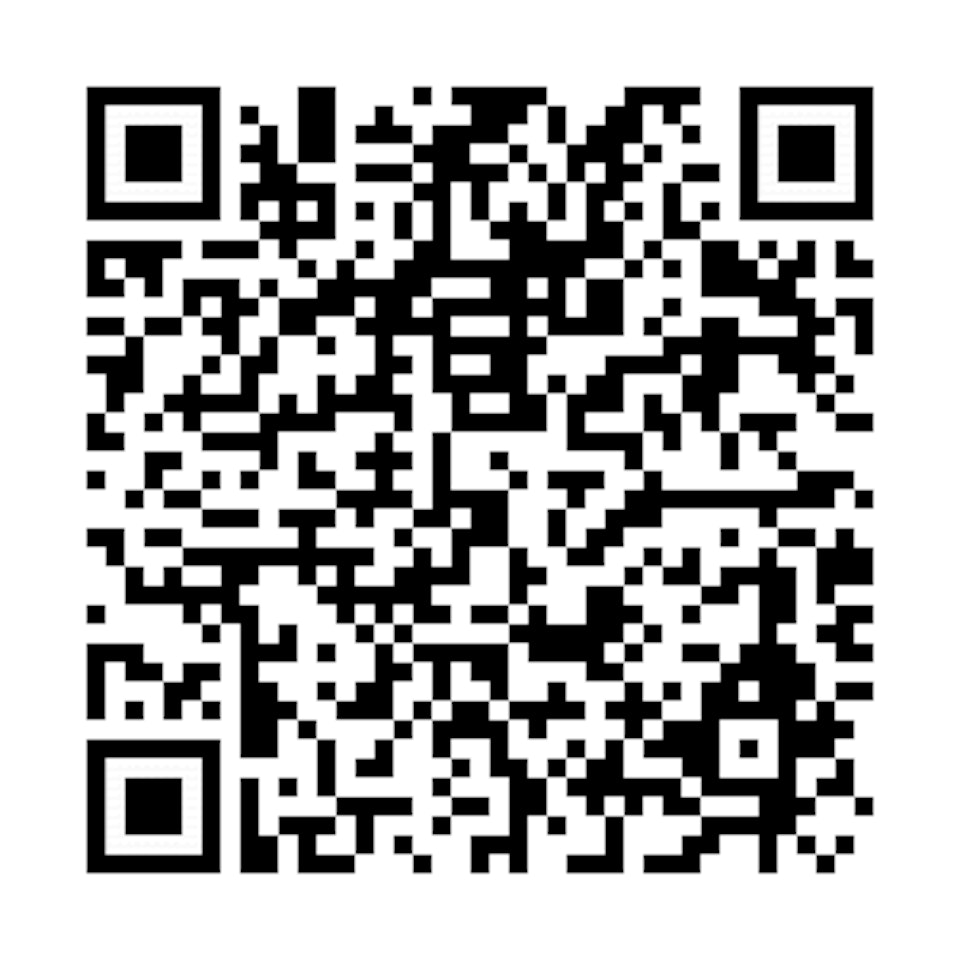
You can raise awareness for the case and join us in the support of Shahidul Alam by sharing the hashtags #freeshahidulalam and #ArtIsNotACrime on social media. You can also follow the FreeShahidul facebook page, sign the petitions below, and write emails to the Bangladeshi authorities via Amnesty International. If you wish to send appeals, address them to the Prime Minister of Bangladesh, Sheikh Hasina, as well as to the Minister of Home Affairs, Asaduzzaman Khan Kamal, or the Inspector General of Police, Mohammad Javed Patwary.
Shahidul Alam, a renowned photographer and writer from Bangladesh, has devoted his life’s work to telling the stories and showing the perspectives of marginalized communities in Bangladesh. Although Alam’s work has been well-received throughout the world, he has not been spared from government repression. He was recently arrested while documenting and reporting on the brutal suppression of student protests in Dhaka in August 2018. The student protests, ignited after a speeding bus killed two students, are just one of the many events that Alam has documented in his home country and the surrounding region.
Alam’s career began when he returned to Bangladesh in 1984 after receiving a doctorate in Chemistry from London University. At that time, his home country was in the midst of a democratic struggle to overthrow General Ershad. During the conflict, he took photographs of the protests and eventually published them in a photo essay called “A Struggle for Democracy.”

A few years later, in 1991, he photographed the aftermath of a devastating cyclone in Bangladesh for The New York Times, bringing to the forefront the goal and motivation behind his work: challenging the images of the developing world shown through the lens of Western photographers. He wanted to change Western perceptions of developing countries and promote non-Western photographers. When The New York Times asked him to capture images of devastation left in the wake of the cyclone, Alam instead convinced the newspaper to print photographs focused on people rebuilding their lives and supporting one another after the disaster.
Alam furthered his commitment to photography and social activism by establishing the Drik and Majority World agencies. Both are multimedia platforms that promote the works of photographers from the Global South. To provide further opportunities to young photographers in Bangladesh and the surrounding region, Alam founded Pathshala South Asian Media Institute, now considered one of the best photography schools in the world.

Alam's work has garnered international acclaim. His book My Journey as a Witness, published in 2011, was called “the most important book ever written by a photographer” by John Morris, former Picture Editor of LIFE magazine. The book chronicles Alam’s journey as a photographer and social activist. His work has also been featured in some of the most prominent art museums in the world, and in 2014, he was awarded the Shilpakala Padak, the highest honor for artists in Bangladesh.
However, the Bangladeshi government is not always appreciative of Alam’s work. The government’s relationship with the photographer is often strained because of his activism. Salil Tripathi, head of PEN International’s Writers in Prison Committee, emphasizes Shahidul’s commitment to telling “the stories of the underprivileged, marginalized, dispossessed, vulnerable, and abused in Bangladesh and beyond.” Alam’s last major run-in with police and authorities occurred in 2010 when he was working on a project documenting official torture and death squads in the country. Authorities shut down his gallery, igniting nationwide protests.
Protests are again taking place to defend Alam. When he appeared in a Dhaka lower court the day after his arrest, Alam walked in barefoot and limping. During the court appearance, he began shouting that he had been tortured under police custody. He was charged under Section 57 of the Information and Communication and Technology Act (ICT) for “making provocative comments” and “giving false information to the media.” ICT criminalizes various forms of expression on online platforms, and if Alam is convicted, he could face up to 14 years in prison. He appeared in court once again on August 12th with no lawyer present. Alam will remain in custody until the chief justice decides over a bail application which was heard by the High Court on September 4th.

Shahidul Alam’s arrest is part of larger pattern of free speech violations in Bangladesh by both state and non-state actors. According to local and international groups, mistreatment of political opponents and other critical voices by security forces remain a serious concern, with dozens of cases reported each year. In addition, the Bangladeshi government has a patchy record of investigating increasing threats to and murders of secular writers and publishers, gay rights activists, and religious minorities. PEN America has previously condemned the brutal killings of Bangladeshi writers, professors, and activists such as Xulhaz Mannan and Avijit Roy, among others. Meanwhile, speech is increasingly constrained by a restrictive legal environment, including the draconian Information and Communication Technology (ICT) Act, under which dozens of cases have been filed in the past several years; official attempts to undermine independent media; blocks on social media and other communications applications; and a lack of governmental support for the principle of freedom of expression.
